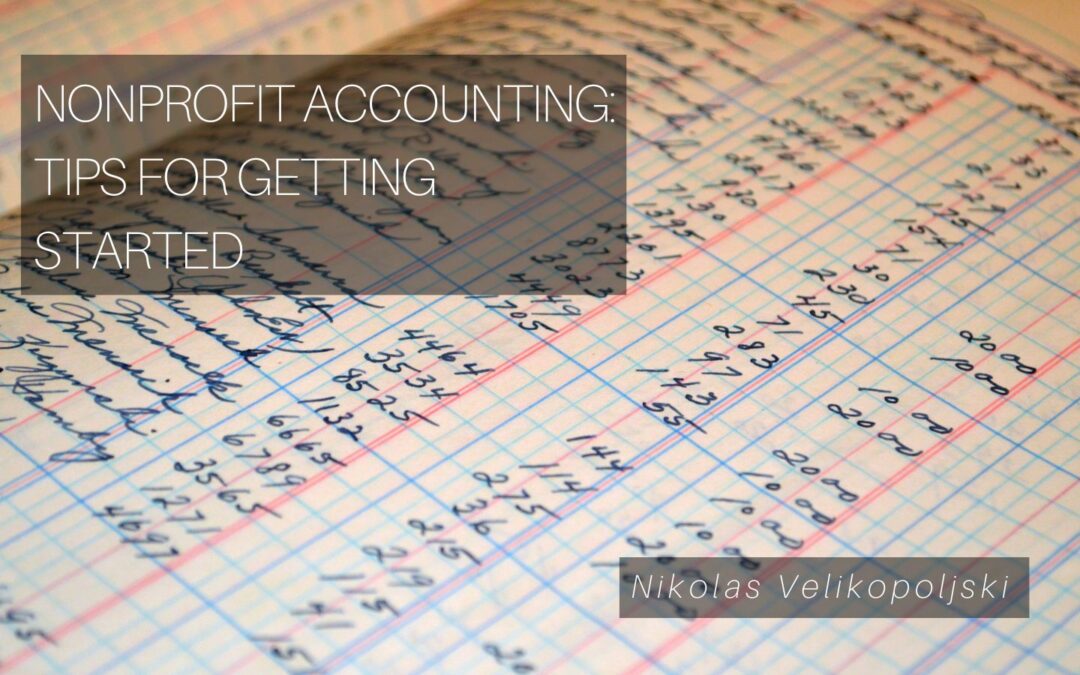Nonprofit organizations are crucial in addressing our communities’ social, environmental, and economic challenges. However, managing the finances of a nonprofit organization can be complex and challenging. Nonprofit accounting involves unique rules and regulations that must be followed to ensure compliance and transparency.
Understand the basics
Nonprofit accounting involves the same basic principles as for-profit accounting, such as recording transactions, creating financial statements, and preparing tax returns. There are some key differences to be aware of. For example, nonprofits must track and report on their activities based on their mission rather than for-profit objectives of generating income and profits.
Set up an accounting system
Setting up an accounting system tailored to the organization’s needs is essential to effectively managing nonprofit finances. This may involve selecting the appropriate accounting software, such as QuickBooks or Xero, and establishing processes for recording transactions, reconciling accounts, and generating reports. Establishing internal controls to prevent fraud and ensure accuracy is also essential.
Create a chart of accounts
A chart of accounts lists all the funds used in an organization’s accounting system. It serves as a framework for organizing and classifying financial transactions. A well-designed chart of accounts can help nonprofits track their economic activities in a way that is consistent with their mission and goals.
Track restricted funds
Nonprofits often receive donations and grants restricted to specific programs or activities. It’s essential to track these limited funds separately from general operating funds to ensure compliance with donor restrictions and accurately report on using funds.
Understand nonprofit tax rules
Nonprofit organizations are subject to different tax rules than for-profit businesses. For example, nonprofits may be eligible for tax-exempt status, which allows them to receive tax-deductible donations. However, to maintain tax-exempt status, nonprofits must comply with various rules and regulations, such as limitations on political activity and requirements for public disclosure.
Prepare financial statements
Nonprofits must prepare financial statements that accurately reflect their financial position and activity. These statements may include information on the economic situation (balance sheet), statement of activities (income statement), and statement of cash flows. Preparing these statements under accepted accounting principles (GAAP) is essential to ensure accuracy and transparency.
Seek professional assistance
Managing nonprofit finances can be complex and challenging, and seeking professional assistance is essential. This may involve hiring an accountant or bookkeeper with experience working with nonprofits or consulting a nonprofit accounting expert for guidance and advice.
Nonprofit accounting involves unique rules and regulations that must be followed to ensure compliance and transparency. By understanding the basics, setting up an accounting system, creating a chart of accounts, tracking restricted funds, understanding nonprofit tax rules, preparing financial statements, and seeking professional assistance, nonprofits can effectively manage their finances and fulfill their mission. Practical nonprofit accounting is essential for building trust with donors and stakeholders, ensuring compliance with regulations, and achieving long-term sustainability.

